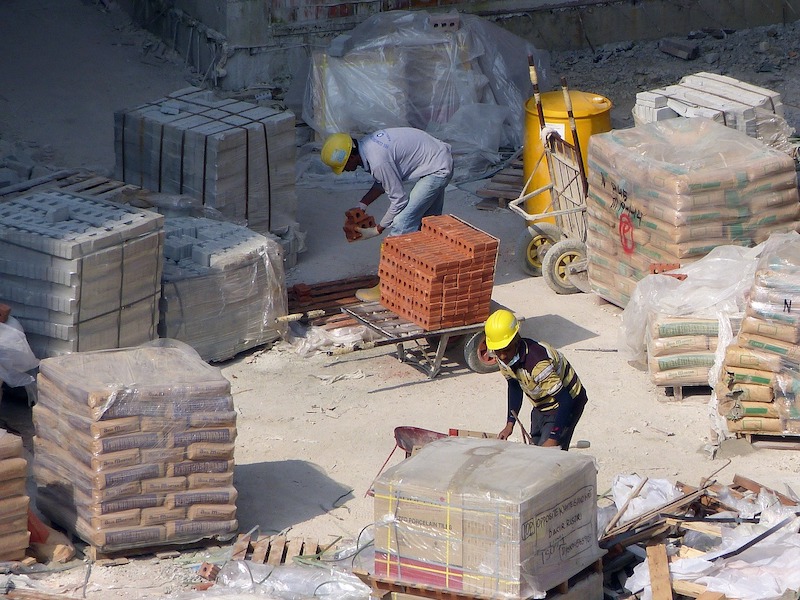Most of the nation’s building code officials are within a decade or so of retirement, and many do not have understudies in place to step into the role when they call it quits.
This is a looming crisis for the real estate development and construction sector of the economy. According to a survey by the International Code Council (ICC), 80% of inspectors plan to retire within 15 years, and 30% plan to leave the profession within five years.
In years past, cities and towns tended to hire younger people who worked with experienced professionals and were able to bolster their education on the job. That practice changed, however, during and after the recession of 2008-2009 when communities laid off workers and in many cases haven’t replaced junior code inspectors that were let go.
The ICC is working to avoid an inspector shortage with programs such as one that teaches students in technical high schools how to navigate building codes. The goal is to improve code compliance and highlight the possibility of tradespeople moving to codes roles.
Related Stories
Legislation | Mar 28, 2022
LEED Platinum office tower faces millions in fines due to New York’s Local Law 97
One Bryant Park, also known as the Bank of America Tower, in Manhattan faces an estimated $2.4 million in annual fines when New York City’s York’s Local Law 97 goes into effect.
Codes and Standards | Mar 24, 2022
New York senate moves to speed up fossil fuel ban in new buildings
Lawmakers in the New York State Senate are backing a proposal to ban fossil fuels in new building construction three years sooner than a plan proposed by Gov. Kathy Hochul.
Codes and Standards | Mar 23, 2022
High office vacancies have cities rethinking downtown zoning
As record-high office vacancies persist in U.S. urban areas, cities are rethinking zoning policy.
Codes and Standards | Mar 22, 2022
Dept. of Energy awards $32 million for next-generation building retrofits
The U.S. Dept. of Energy has awarded a total of $32 million for more than 30 next-generation building retrofit projects that will dramatically improve affordable housing technologies, according to a DOE news release.
Legislation | Mar 18, 2022
New framework to help site community solar projects released
The Solar Energy Industries Association (SEIA) released a new report to aid policymakers in siting community solar projects.
Codes and Standards | Mar 17, 2022
Dept. of Energy seeks input on building-integrated photovoltaic systems
The U.S. Department of Energy (DOE) Solar Energy Technologies Office (SETO) and Building Technologies Office (BTO) recently issued a request for information to gather input on technical and commercial challenges and opportunities for building-integrated photovoltaic (BIPV) systems.
Legislation | Mar 16, 2022
Weak federal commercial real estate rules will hamper seizing Russian assets
Lax disclosure regulations that have made the U.S. a global hot spot for money laundering via real estate holdings will make it difficult for officials to seize properties from Russian oligarchs.
Codes and Standards | Mar 15, 2022
First company awarded Fitwel Certification in Senior Housing for Occupant Health & Wellness
The Springs at Greer Gardens in Eugene, Ore., is the first property to earn a Fitwel global health certification under the newly created senior housing scorecard.
Codes and Standards | Mar 10, 2022
HOK offers guidance for reducing operational and embodied carbon in labs
Global design firm HOK has released research providing lab owners and developers guidance for reducing operational and embodied carbon to meet net zero goals.
Codes and Standards | Mar 7, 2022
Late payments in the construction industry rose in 2021
Last year was a tough one for contractors when it comes to getting paid on time.

















